Gamers are no strangers to failure. Hauntingly unsolvable puzzles, platform levels requiring the sort of ninja skills only an actual ninja could possess, bosses who literally rip characters to shreds – we’ve seen it all. The fatal “game over” screen, while dreaded, rarely comes as a surprise. When we play, we accept from the moment we begin that we might fail, yet we press “start” anyway, every time.
It’s the sort of courage (or perhaps arrogance) rarely seen in real life, a world of calculated risks and safety nets where, if we choose to play at all, we play it safe. While sometimes the only winning move truly is not to play, we often learn from an early age to avoid failure like it’s a firetrap trigger: one wrong step and you’re bacon. Yet the possibility of disappointment, of disaster, is just as real in life as in games. Indeed, human life is the one game guaranteed to end in death. Why, then, is it so much more difficult to accept a flop in the real world than the virtual one?
The first consideration which springs to mind is a vast inequality in the permanence of consequence. Even a roguelike featuring the most punishing permadeath mechanics imaginable can’t quite compare to a bad decision that ruins someone’s life. Even the most egregious error during a guild raid in World of Warcraft or a Call of Duty mission has got nothing on a tactical miscalculation made during the heat of actual battle, with actual lives on the line.
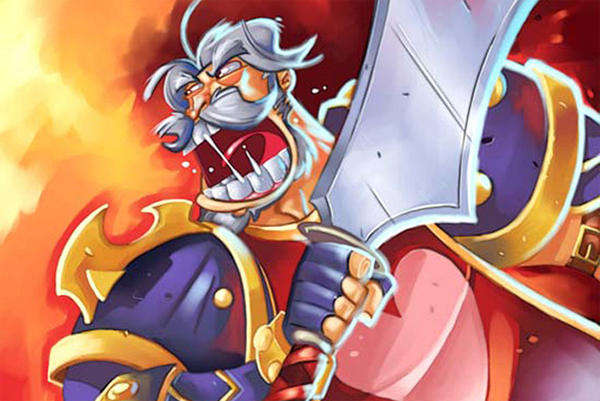
No matter how frustrated we get (or how much expensive gaming equipment we destroy in a blind rage), video games can always be restarted, or quit and replaced with a different, less infuriating situation. Life is less convenient; life forces us to face hard times, and keep facing them, without the luxury of opting out. While there is, technically, a way to “quit,” there’s no way to know for sure what happens once you do. (So don’t. Just don’t, all right?)
Another reason we tend to embrace digital failure is that it is often much more entertaining than its analog counterpart. Sure, we all experience a little schadenfreude now and then when a friend trips or an enemy slips up, but when it’s your turn to fall on your face, it tends to feel a bit less hilarious. Video games, however, can turn failure, even your own, into a sport. In Alice is Dead, the player is tempted to try all the wrong puzzle solutions first, just to get a laugh out of the droll narrator’s commentary. Limbo famously featured a plethora of shocking death animations for the young male protagonist, and elaborately brutal finishing moves serve as the crux of many a popular fighting game (though, admittedly, they are much more fun to dish out than to take).
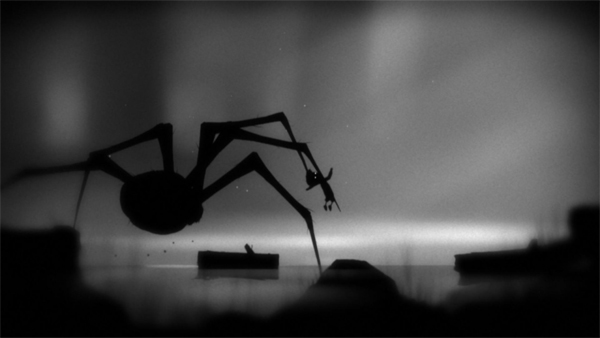
Life, though stranger than fiction, is not always so entertaining. Though horror movies and shows like 1,000 Ways to Die capitalize on the ultimate human “failure” – our inability to overcome death – only someone with a set of truly severe issues takes serious pleasure in the passing of the nonfictional characters of our lives. Slightly less permanent devastations, such as involuntary unemployment or homelessness, are equally without humor.
The “Player One” in all of us might also be after the educational value of making a wrong turn. Titles which involve branching narratives and multiple endings (should) require that each branch and each ending be equally interesting and equally contributive to the overall experience, so that no playthrough feels like a waste. This means that even the worst possible finale, the “Evil Revenge Forever Alone Ending”, still has value to the player. It’s true that sometimes this is purely entertainment value – especially if it’s a joke ending – but the best of these teach the player a little something extra about the characters they’ve been adventuring with for the past however-many-hours. Telltale Games, for instance, thrives on the possibilities of choice-and-consequence storytelling.
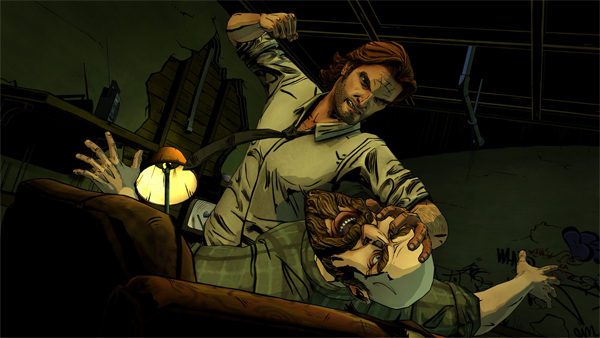
Of course, life’s disappointments can be just as educational. Perhaps we avoid them because the lessons they teach are often much more difficult, both to learn and to put into practice. While games can, and often do, offer the option of introspection and analysis, they tend to be much easier to ignore than a real-life lesson which practically screams in your face, “You have to make a change, and you have to make it now!”
The biggest difference of all, however, between failure in life and in gaming may be one of hope. In addition to the possibility of failure, we expect games to present us with a sort of guaranteed possibility of success. Whether we beat the odds or not depends, ideally, on our skills as gamers, but we take it for granted that there is at least one good outcome, one proof of success, we can achieve if we are worthy. There is, or so we assume, always a way to win, or at least to make it to the finish line.
Life is harsher. Life gives us lemons without sugar to make lemonade. Life doles out lovely little gifts like inoperable tumors and elementary school massacres and natural disasters and expects a “Thank you, may I have another?” in reply. Sometimes we don’t get what we want, no matter how hard we work or wish or pray, and sometimes we never even get the chance to try.
Perhaps we are too aware of this. Perhaps a little blind bravery, the same sort of stupidly wonderful audacity that, in gaming, drives us to take on entire armies single-handedly, or face gruesome monstrosities armed with nothing but a metal pipe, also has its place outside of the digital realm.
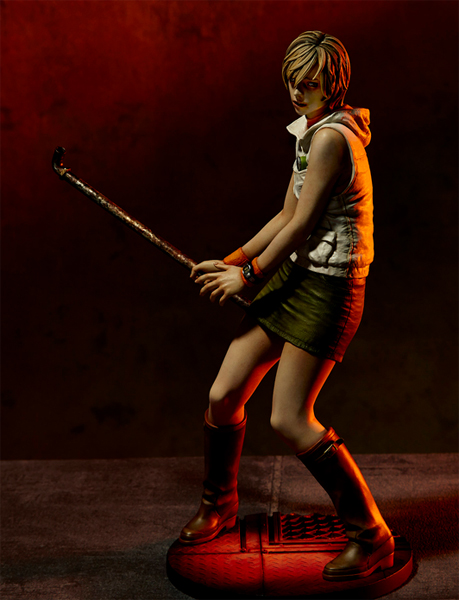
Should we risk our lives on a daily basis for no better reason than, “because we can”? Of course not. That’s just stupid, no bravery involved. Yet we do seem to have two personalities; ourselves and our in-game counterparts. While I wouldn’t suggest picking up on our counterparts’ less commendable habits – kleptomania and mass murder often among them – we certainly could learn something from these other selves about optimism and determination. The fact that there are no guarantees in life (aside from the obvious) goes both ways. Failure is no more absolutely inevitable than success. You’ll never know if you can win or not until you press “start.”
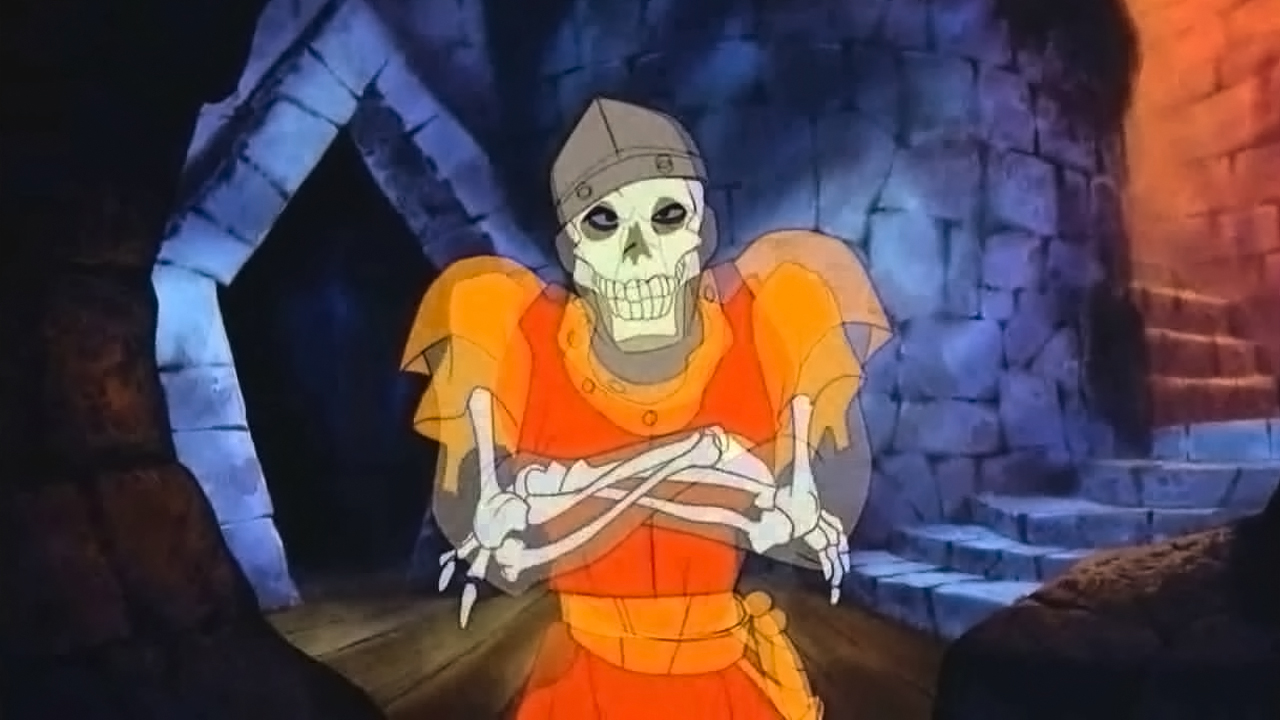
 …WOOLY DESERVES BETTER LOL!
…WOOLY DESERVES BETTER LOL!